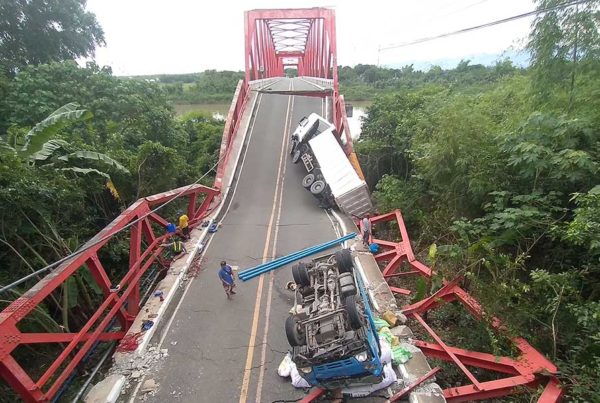Bangus Processing Plant, an illegal structure?
Rufino C. Beltran
16 Aug 2008
Legal or Illegal?
If the local government unit (LGU) of the City of Dagupan constructs a bangus processing plant in a proclaimed property reserved for parks and playground or in a property of public dominion, like “those intended for public use, such as roads, canals, rivers, torrents, ports and bridges constructed by the State, banks, shores…. And others of similar character” (Article 420.(1) of the Civil Code of the Philippines) is the construction legal or illegal? Is the bangus processing plant a squatter or not?
Is the construction of the bangus processing plant legal or illegal? Before answering the question, it is good to know what purpose is the proclaimed property to be utilized? It is very clearly stated in the proclamation that it shall be utilized for parks and playgrounds? IF you define a park and a playground, is the bangus processing plant a park and/or a playground?
You cannot construct a building or a plant in a proclaimed property if the purpose or the land use classification is not in consonance to the proclamation. You can perhaps construct such plant in a proclaimed property if the purpose or the land use is for industry or for agriculture.
With this, the only legal building/constructions in Proclamation 98 is the BANGKO SENTRAL NG PILIPINAS, and the constructions used for parks and playgrounds, like the shades, Japanese Garden and the like, and all others are illegally constructed.
However, it does not mean that the illegal constructed buildings cannot be legalized. They can be legalized but they have to be processed and follow the requirements required by law.
Are they squatters/informal settlers or not? They are squatters/informal settlers if not processed as required by law.
Furthermore, the memorandum on property of public dominion public lands it states that under Article 419 of the Civil Code of the Philippines,
The property, such as lands or buildings, are owned either in a public capacity, and are denominated or called “property of public dominion” or in a private capacity, and are denominated or called property of private ownership or patrimonial property.
The State, represented by the government, own property in a public capacity or in a private capacity
The term “public dominion” in one sense, means ownership of the State in that the State has control and administration.
In another sense, it means ownership by public in general in that not even the State or a subdivision thereof, such a province or municipality, may make them the object of commerce as long as they remain properties for public use.
Chapter XII, Section 88 of the Public Land Act states “the tract or tracts of land reserved under the provision of section eighty three shall be non-negotiable and shall not be subject tp occupation, entry sales, lease or other disposition until again declared alienable under the provisions of this Act or by proclamation of the President.” Section 83 of this Act states that “upon recommendation of the Secretary of Agriculture and Commerce (now the Department of Environment and Natural Resources), the President may designate by proclamation any tract or tracts of land of public domain as reservations for the use of the Commonwealth of the Philippines or any of its branches, or of the inhabitants thereof, in accordance with regulations prescribed for this purpose, or………………..including reservations for…….public parks…and other improvements for the public benefits.”
Another important matter to know and to be known is the directive of the Department of Environment and Natural Resources (DENR Administrative Order No. 2004-24 dated August 24, 2004 foreshore land administration and management. This Order states that in Section 15 requires, if to be leased by the LGU concern, the project of the LGU shall be subject to the Environmental Impact Assessment System. We already know that the place, as per the study of the University of the Philippines is not suitable for any construction.
These are just some of the things to be known and you can make evaluations and consclusions if the proposed construction of the Bangus Processing Plant is legal or illegal.
RUFINO C. BELTRAN
Presidential Commission for the Urban Poor







